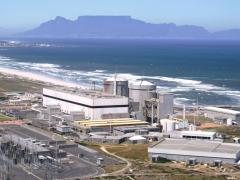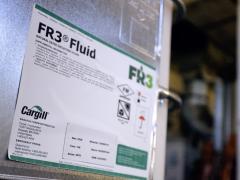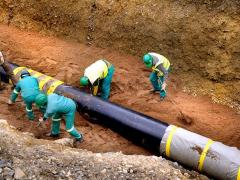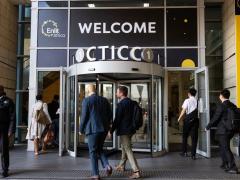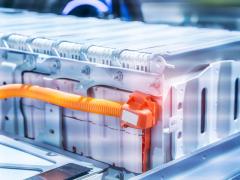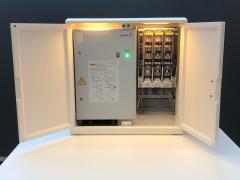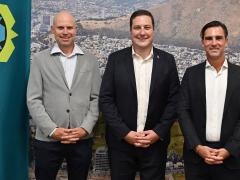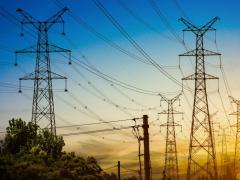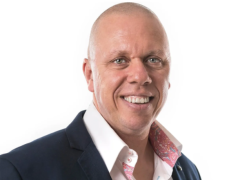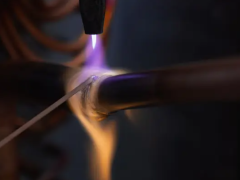Deputy Minister of Electricity and Energy Samantha Graham-Maré has called for urgent reforms to accelerate renewable energy projects and boost local manufacturing, citing bureaucratic hurdles as a major obstacle to progress.
Speaking after a series of recent engagements with stakeholders, Graham-Maré stressed the importance of removing red tape to unlock the full potential of renewable energy and secure South Africa’s energy future. “While we’ve made significant strides, there are still bureaucratic hurdles slowing down progress,” she said, according to SAnews.gov.za. “We must act now to remove these obstacles and unlock the full potential of our renewable energy future.”
She identified several barriers hindering renewable energy projects, including Section 53 approvals under the Mineral and Petroleum Resources Development Act, zoning and land-use permissions, lengthy procurement processes and bottlenecks in grid access for distribution and transmission. “These delays not only create uncertainty for developers but also limit our ability to meet urgent energy needs,” Graham-Maré said.
To address these challenges, she advocated for streamlined application and permitting processes. She said this will enable developers to calculate tariffs more efficiently, secure better financing and break ground sooner.
Focus on local manufacturing
Earlier this month, Graham-Maré noted that over R17 billion was spent on importing solar panels, inverters and lithium-ion batteries during the first nine months of the year. She said government is moving swiftly to implement the South African Renewable Energy Masterplan (Sarem) with focus on driving local manufacturing of renewable energy components and products that can support the demand for renewables and drive job creation. “By advancing Sarem, we will create a sustainable local manufacturing base in key industries where South Africa has a competitive advantage, which will help stimulate job creation across the country.”
The action plan for Sarem aims to accelerate the development of local renewable energy manufacturing capacity. Government will not compete in areas where it is not feasible such as solar panel manufacturing. Instead, it will prioritise investments in skills development and workforce training to prepare South Africans for jobs in this growing industry, said Graham-Maré.


